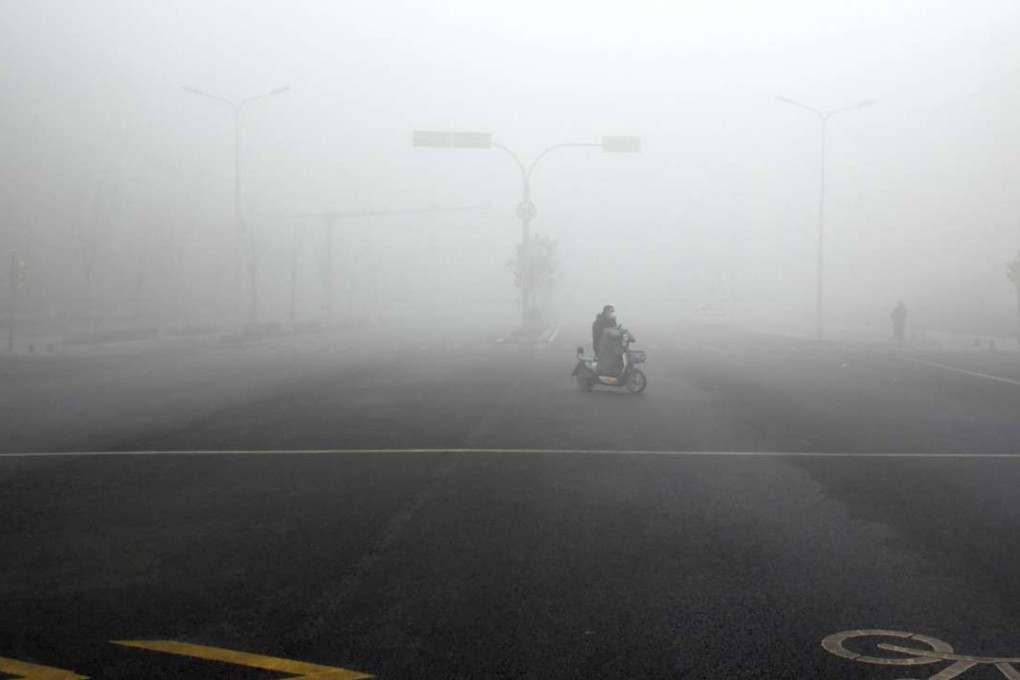Debt distress in Shandong province illustrates risks of interlocked credit guarantees

A financing crisis that broke out among a group of private firms in Shandong province in eastern China, which involve several mainland- and Hong Kong-listed companies, appears to have calmed as the company at the centre of the quarrel repaid its outstanding debt and interest on Friday.
But investors involved in the interlocked credit guarantee group remain cautious as the information disclosed is limited, casting a shadow on the stock and bond products offered by companies based in the region.
The crisis broke out among a group of private firms, making it less contagious than if state-owned companies had been involved. But it still highlighted how China’s interlocked credit market is exposed to a high risk within a struggling private sector and the precarious health of some banks.
At the centre of the financing circle was Qixing Group, whose management had now effectively been taken over by Xiwang Group under the direct instruction of the local government in Zouping county, Xinhua reported.
On Wednesday, Qixing was reported to have defaulted on a bank repayment worth up to seven billion yuan (US$1 billion), causing a plunge in the shares of Xiwang Foodstuffs, the Shenzhen-listed arm of Xiwang Group.
Investors were selling their shares in Xiwang Foodstuffs in a panic because its parent is the biggest guarantee provider for Qixing. In the event that Qixing were to fail, Xiwang would potentially be on the hook for 2.9 billion yuan in outstanding debt.